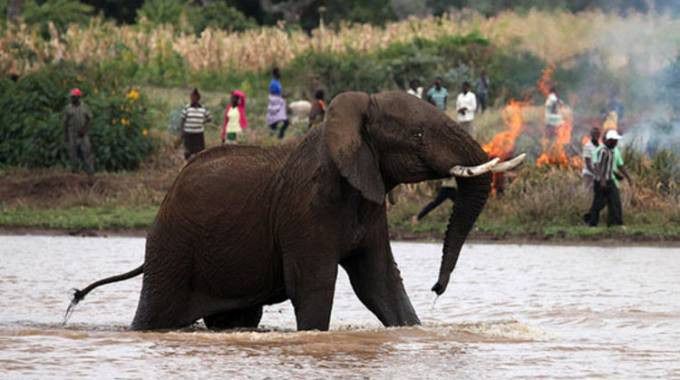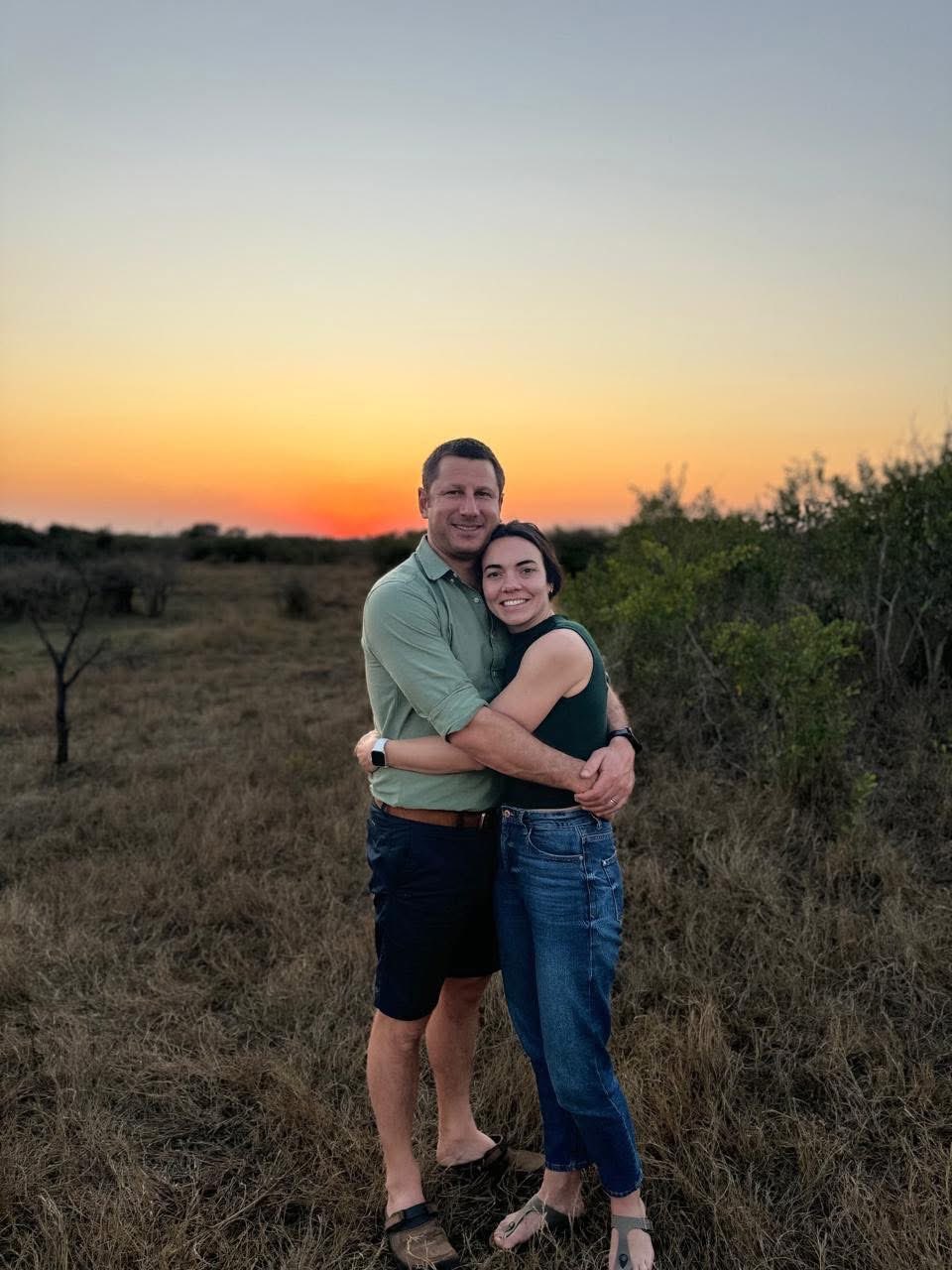HARARE – Zimbabwe Parks and Wildlife Management Authority (ZimParks) recorded 18 deaths and 32 injuries during the first quarter of 2025.
According to a press statement released by ZimParks spokesperson Tinashe Farawo, the authority recorded 579 human-wildlife conflict cases in the first quarter of the year and managed to respond to all of them. The majority of the incidents were reported in wildlife-adjacent districts such as Binga, Hwange, Kariba, Chiredzi, Hurungwe, Nyaminyami, and Mbire.
The impact on livelihoods has also been significant. Communities lost at least 53 cattle and 85 goats during the period—an alarming rise compared to 18 and 21 respectively in the same period last year.
In response, ZimParks translocated 129 problem animals back into protected areas and eliminated 158 deemed dangerous to human life. Farawo emphasized that the authority is intensifying its community engagement efforts to promote coexistence and equip residents with strategies to manage wildlife encounters.
“We are also actively engaging in various community initiatives to ensure that those sharing boundaries with parks are aware of potential risks and are equipped with strategies to manage wildlife encounters effectively,” said Farawo.
He also urged communities to continue reporting incidents to ZimParks’ Problem Animal Control teams and to liaise with local leadership, including councillors, traditional leaders, and rural district council authorities, to ensure swift intervention and the preservation of life.
Zimbabwe does not have a formalized compensation fund specifically for human-wildlife conflict victims. Instead, the government and organizations like ZimParks focus on community-based strategies such as wildlife relocation, awareness programs, and preventative measures to reduce the occurrence of conflicts.
This lack of direct compensation has led to frustration in affected communities. It has also impacted how locals view wildlife— some villagers see conservation efforts as favoring animals over human well-being, making coexistence more challenging.
Kukurigo News











